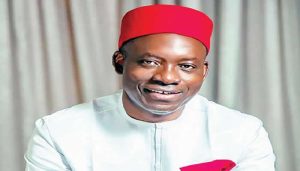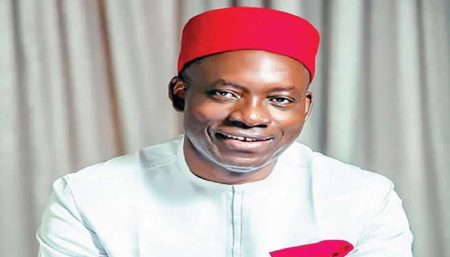Dr. Kwame Asah-Asante, a political science lecturer at the University of Ghana, challenges the prevailing notion that ethnicity and religion are the primary drivers of electoral outcomes in Ghana. He argues that while these factors might contribute to shaping voter perceptions, they do not dictate the final decisions made in the ballot box. Dr. Asah-Asante emphasizes the complexity of Ghanaian voting behavior, suggesting that reducing it to simplistic identity-based explanations overlooks the multifaceted considerations that influence voters. He advocates for a more nuanced understanding of the electorate, one that acknowledges the role of policy platforms, party performance, and leadership qualities in shaping electoral choices.
Dr. Asah-Asante substantiates his argument by citing the example of former President Jerry John Rawlings. Despite belonging to a minority ethnic group, Rawlings secured resounding victories in presidential elections, demonstrating that competence and national appeal can transcend ethnic affiliations. This historical precedent, according to Dr. Asah-Asante, underscores the limitations of using ethnicity as a sole predictor of electoral success. He suggests that voters often prioritize leadership qualities and a candidate’s ability to resonate with the broader electorate over narrow ethnic considerations.
Furthermore, Dr. Asah-Asante extends his argument to the role of religion in Ghanaian politics. While acknowledging that Muslims constitute a significant portion of the population, he points out that their voting patterns are not uniform. He argues that if religion were the decisive factor, there would have been a clear consolidation of Muslim votes behind a single candidate, which did not occur. This observation, he contends, further weakens the argument for religion as a dominant force in electoral outcomes. Instead, he proposes that a multitude of factors, including socio-economic concerns, political ideologies, and individual candidate preferences, influence the choices of voters from all religious backgrounds.
Dr. Asah-Asante criticizes what he perceives as a tendency towards simplistic and often misleading analyses of Ghanaian elections. He cautions against relying solely on identity-based narratives, urging political commentators and analysts to adopt a more sophisticated approach. He advocates for a focus on substantive issues such as policy proposals, the track record of political parties, and the leadership qualities of the candidates. By shifting the focus from identity to these more substantial factors, Dr. Asah-Asante believes that political discourse can be elevated and provide a more accurate representation of the complexities of Ghanaian electoral behavior.
He contends that Ghanaian voters have demonstrated increasing political maturity over time, prioritizing performance, governance, and national development over narrow ethnic or religious loyalties. This evolution, he suggests, necessitates a corresponding shift in the way elections are analyzed. Dr. Asah-Asante calls for a move away from divisive identity politics and towards a more issue-based approach. He emphasizes the importance of accountability, competence, and policies that demonstrably improve the lives of citizens. By focusing on these criteria, he believes that Ghana can foster a more mature and productive political environment.
In conclusion, Dr. Asah-Asante urges a paradigm shift in the analysis of Ghanaian elections. He challenges the oversimplified narratives that prioritize ethnicity and religion as the primary determinants of voting behavior. Instead, he proposes a more nuanced understanding of the electorate, one that recognizes the complexity of voter motivations and the influence of policy, performance, and leadership. He advocates for a move away from divisive identity politics towards a more substantive and issue-based political discourse, focusing on accountability, competence, and policies that promote national development. This, he believes, will contribute to a more mature and productive political environment in Ghana.














